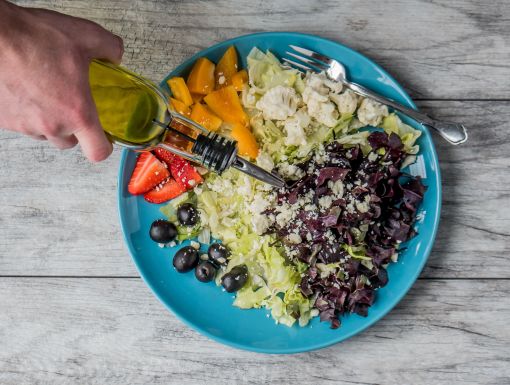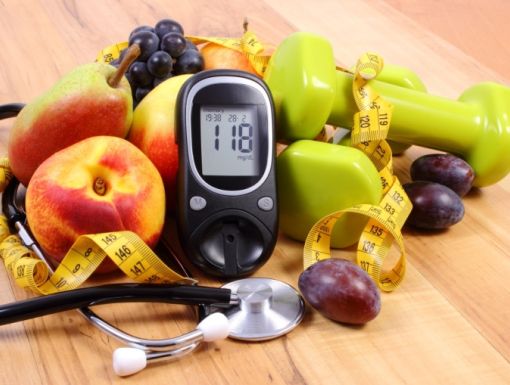
Kidney Stones: What You Need to Know
Each year more than half a million people go to emergency rooms for kidney stone problems. Approximately one in 10 people will have a kidney stone at some time in their lives, and the number of people in the United States with kidney stones has been increasing over the past 30 years.
Men are much more likely to develop stones than women, and only about 25% of kidney stones occur in people with a family history of stones. Other diseases like high blood pressure, diabetes, obesity, osteoporosis, chronic diarrhea or kidney cysts might increase the risk of stones.
What is a kidney stone?
A kidney stone is a hard object that is made from chemicals in the urine. Urine has various wastes dissolved in it. When there is too much waste in too little liquid, crystals begin to form. The crystals attract other elements and join together to form a solid that will get larger unless it is passed out of the body with the urine. Usually, these chemicals are eliminated in the urine by the body's master chemist: the kidney. In most people, having enough liquid washes them out or other chemicals in urine stop a stone from forming.
After it is formed, the stone may stay in the kidney or travel down the urinary tract into the ureter. Sometimes, tiny stones may move through urine without causing too much pain. But stones that don't move may cause a back-up of urine in the kidney, ureter, the bladder or the urethra. This is what causes the pain.
What are the causes of kidney stones?
Possible causes include:
• Drinking too little water
• Exercising too much or too little
• Obesity
• Weight loss surgery
• Eating food with too much salt or sugar
Infections and family history might be important factors in why some people develop kidney stones. Eating too much fructose correlates with an increased risk of developing a kidney stone. Fructose can be found in table sugar and high fructose corn syrup. In some individuals, fructose can be metabolized into oxalate.
What are the symptoms of a stone?
Some kidney stones are as small as a grain of sand, while others are as large as a pebble. A few are as large as a golf ball! As a rule, the larger the stone, the more noticeable are the symptoms.
The symptoms could be one or more of the following:
• Severe pain on either side of your lower back
• More vague pain or stomachache that doesn't go away
• Blood in the urine
• Nausea or vomiting
• Fever and chills
• Urine that smells bad or looks cloudy
The kidney stone starts to hurt when it causes irritation or blockage. This builds rapidly to extreme pain. In most cases, kidney stones pass without causing damage, but usually not without causing a lot of pain. Pain relievers may be the only treatment needed for small stones. Other treatments may be needed, especially for those stones that cause lasting symptoms or other complications. In severe cases, however, surgery may be required.
What should I do if I have these symptoms and think I have a stone?
See a doctor as soon as possible. You may be asked to drink extra fluid in an attempt to flush the stone out in the urine. If you strain your urine and can save a piece of the stone that has passed, bring it to your doctor. Or, the stone may need to be removed with the help of outpatient surgical treatment. Usually, you don't have to be hospitalized.
What can I do to decrease the risk of kidney stones?
Drinking enough fluid will help keep your urine less concentrated with waste products. Darker urine is more concentrated, so your urine should appear very light yellow to clear if you are well hydrated. Most of the fluid you drink should be water. Most people should drink more than 12 glasses of water a day. Water is better than soda, sports drinks or coffee/tea. If you exercise or if it is hot outside, you should consume more water. Sugar and high-fructose corn syrup should be limited to small quantities.
You can reduce excess salt in your diet. Everyone thinks of salty potato chips and French fries; those should be rarely eaten. Other products are salty: sandwich meats, canned soups, packaged meals, and even sports drinks.
You want to try to get to a normal weight if you are overweight. But, high-protein weight-loss diets can add to the stone risk. Protein is found in beef, chicken, pork, fish, milk, and eggs. Protein intake is weight-based and is usually individualized.
See your doctor and/or a registered dietitian about making diet changes if you have had a stone or think you could be at increased risk for getting a kidney stone. To guide you, they need to know your medical history and the food you eat. Here are some questions you might ask:
• What food may cause kidney stones?
• Should l take vitamin and mineral supplements?
• What beverages are good choices for me?



